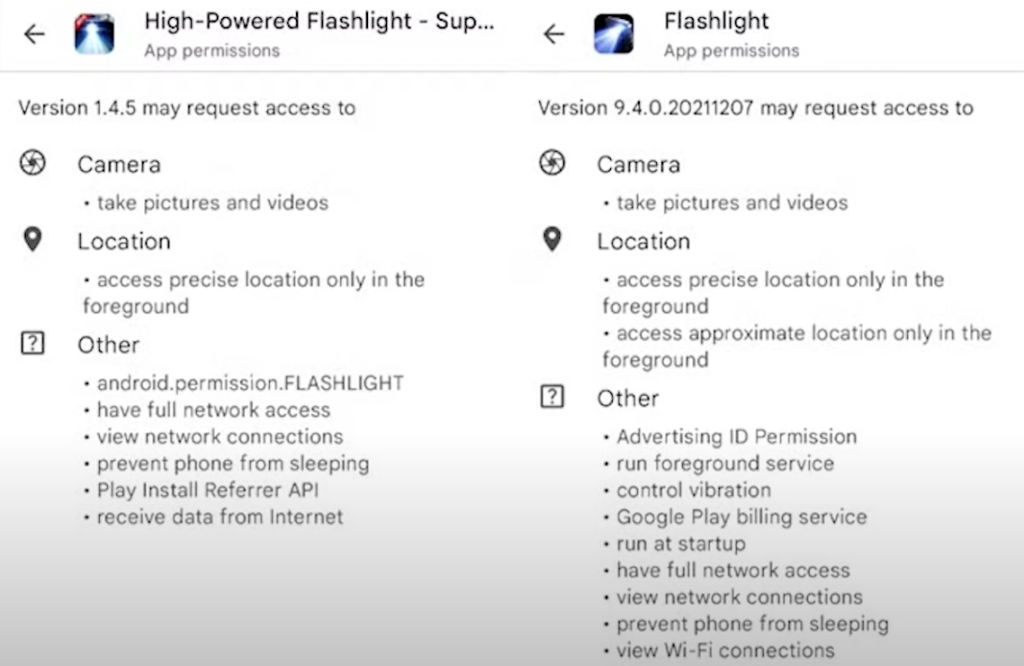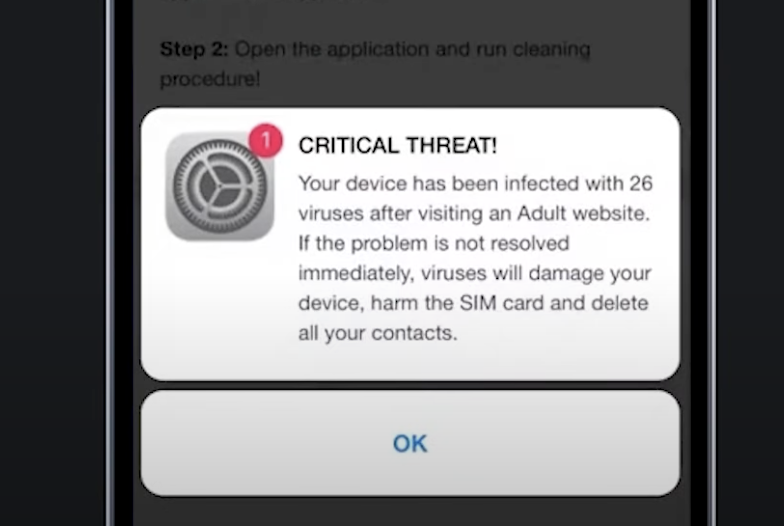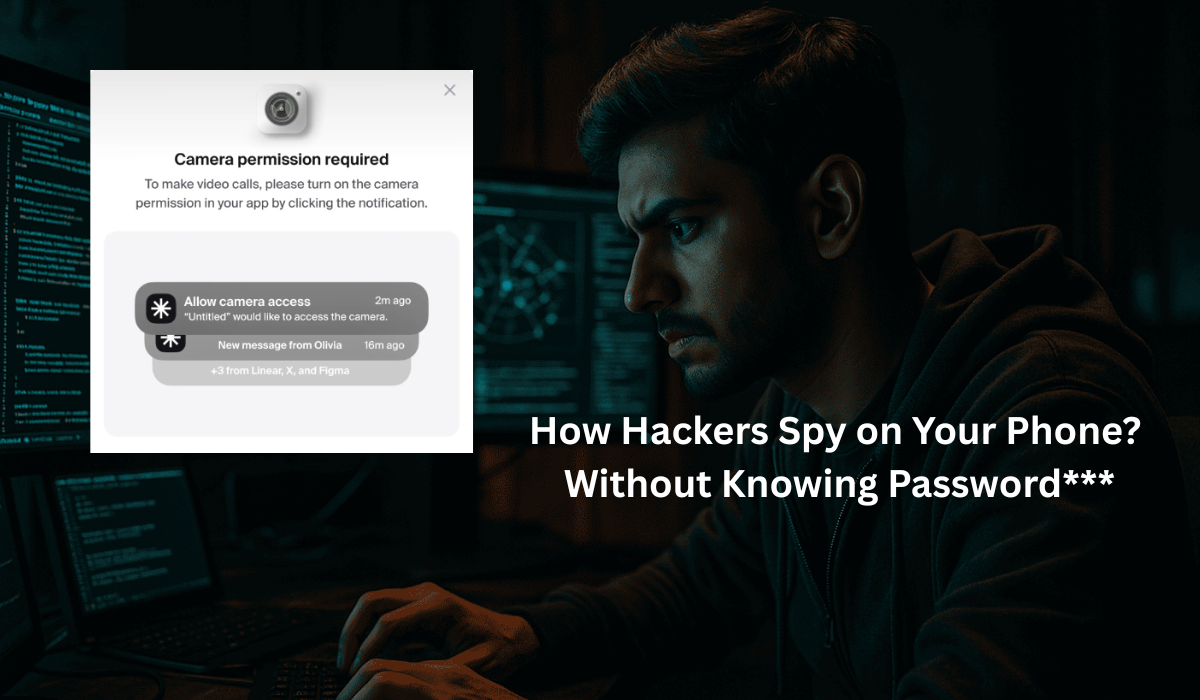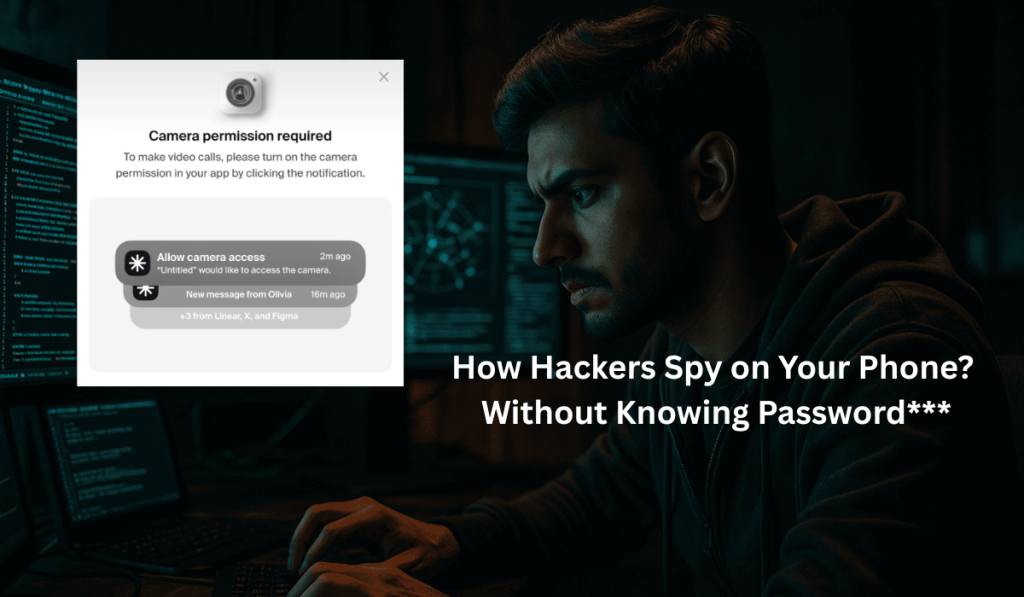In today’s digital world, most of us rely on our smartphones for everything – from messaging to banking and social networking. We feel secure knowing that we’ve set up a password, enabled face ID, or even use a VPN. But what if I told you that hackers don’t always need your password or your active participation to access your phone? In fact, they can compromise your device without you ever knowing. In this blog post, I’ll walk you through the techniques hackers use to spy on your phone and, more importantly, how you can stop them before it’s too late.
The Unseen Threat: Spyware and Silent Hacks
When we think of hacking, we often imagine clicking on a suspicious link or downloading an unknown app. While these methods are certainly dangerous, they’re not the only ways hackers can access your device. In some cases, you don’t even have to touch your phone. One infamous example is Pegasus spyware, a tool used by governments and cybercriminals to hack into phones with a single missed call. Yes, you read that right – no clicking, no answering, just receiving a call, and your phone is compromised. Once inside, hackers can gain control of your camera, microphone, messages, and even encrypted apps like WhatsApp and Signal.
Malicious Apps and Fake Updates
One of the most common ways hackers gain access to your phone is through malicious apps and fake software updates. Have you ever downloaded a seemingly innocent app, like a flashlight or weather app?

Back in 2019, a flashlight app with millions of downloads was discovered secretly stealing user data, tracking locations, recording calls, and even listening in through the microphone. The app appeared completely normal, but it was actually spying on users in the background.

Fake updates are another method hackers use to trick you into downloading malware. Imagine browsing the web when suddenly a pop-up appears telling you that your phone is at risk and needs an immediate update. You click on it, thinking it’s a security patch, only to install malware that gives hackers full access to your device. These fake updates are so convincing that even tech-savvy individuals can fall for them.
The Dangers of Public Wi-Fi and Man-in-the-Middle Attacks
Public Wi-Fi may seem like a harmless way to connect to the internet, but it can be a hacker’s playground. Known as man-in-the-middle attacks, these hacks happen when a hacker sets up a fake Wi-Fi network, often with a name that sounds legitimate, like “Starbucks Free Wi-Fi.” Once you connect, your passwords, messages, emails, and even browsing data can be intercepted in real-time. Hackers can also inject malware into your browsing session without your knowledge.
Social Engineering: The Art of Deception
Sometimes, hackers don’t need to use sophisticated technology to break into your phone. Instead, they rely on social engineering – tricking you into giving them access. You may have received an email claiming that your Netflix account is locked, urging you to click a link to verify your details. What you don’t realize is that the link takes you to a fake login page controlled by the hacker. Once you enter your information, they have your password. The same thing happens with SMS phishing – a text message telling you your package is delayed, with a link that installs spyware on your phone the moment you tap it. Hackers can even impersonate your bank to steal personal details and reset your accounts.
Government-Level Spyware: The Ultimate Threat
The most frightening form of spyware is the kind used by governments and high-profile hackers. Pegasus, for instance, doesn’t require any action on your part – it can infect your device through a simple iMessage exploit, bypassing all security protections. Once it’s in, it can silently record your calls, messages, and camera feed without you ever knowing. Even billionaires like Jeff Bezos have fallen victim to this type of hacking, proving that no one is truly safe from these sophisticated attacks.
How to Protect Your Phone from Hackers
While these techniques may sound alarming, there are steps you can take to protect your device from hackers:
- Be cautious of apps: Only download apps from trusted sources like the official app store, and always check reviews and ratings before installing anything.
- Don’t trust fake updates: If you receive a pop-up claiming your phone needs an update, always verify it through your settings or app store before clicking anything.
- Avoid public Wi-Fi: Use a VPN whenever you connect to public Wi-Fi to encrypt your data and protect it from hackers.
- Be vigilant with phishing attempts: Never click on links from unfamiliar sources, especially in emails or text messages. Always verify the authenticity of a message before providing personal information.
- Use stronger security measures: Enable two-factor authentication on important accounts, use a strong and unique password, and ensure that your device’s security settings are up to date.
Hackers are constantly evolving their techniques, and it’s important to stay informed and take action to protect your phone. By being aware of the risks and following these simple steps, you can reduce the chances of falling victim to a cyberattack. Stay vigilant and always prioritize your online security.









